Well-being Programs
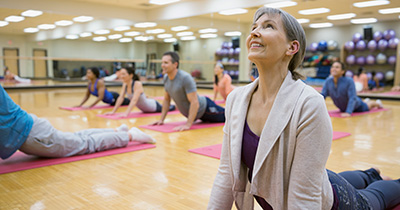
Well-being programs are sponsored by the Office of Human Resources and available to faculty, staff, retirees, and eligible family members.
Find resources to support your personal and professional well-being
Northwestern encourages and supports employees tending to their well-being so they thrive professionally and personally as a whole people. Well-being can be described as a state of being healthy and judging life positively and is vital to living a fulfilling life, and it is also multifaceted. A variety of services and resources are available to help support your well-being journey.

Well-being programs are sponsored by the Office of Human Resources and available to faculty, staff, retirees, and eligible family members.
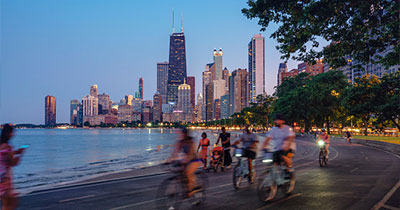
There are eight dimensions of well-being, such as physical, emotional, social well-being, and more.

Well-being Champions are employees who learn about, initiate and lead well-being initiatives within their schools and units.
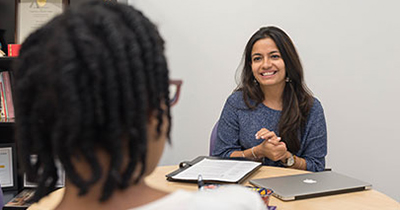
Mental health includes our emotional, psychological, and social well-being. Explore resources for Northwestern employees.
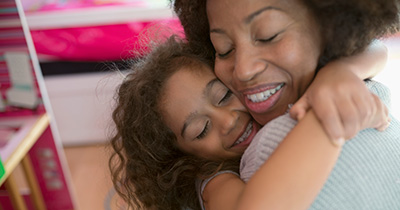
Northwestern offers benefits and support for caregivers, including childcare and adoption benefits, resources for senior and adult care and more.
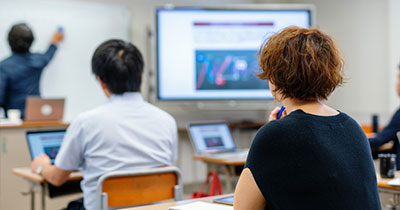
Talent development includes access to professional development opportunities, leadership development instruction and more.
Join the Well-being group in MS Teams to connect with colleagues, share practices, ideas, resources, and learn from each other.
Please visits the Benefits webpage for a listing.